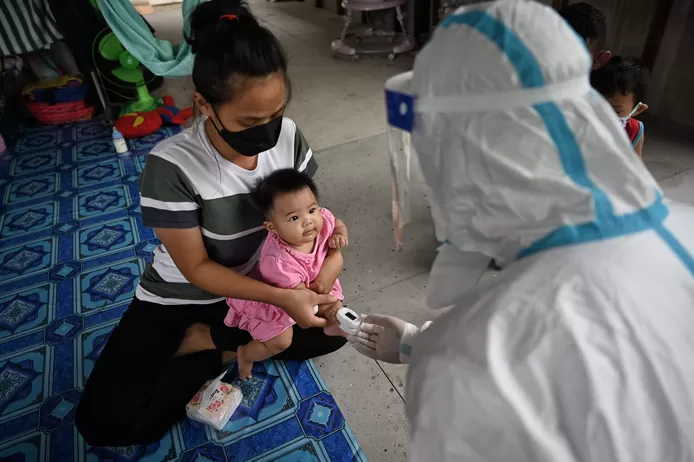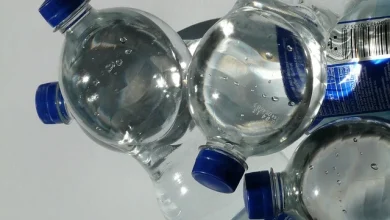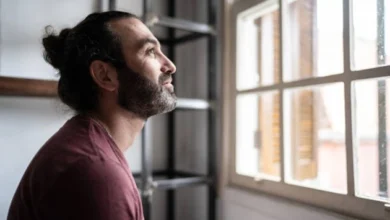Covid-19 in Thailand, doctors treat patients in car parks

Hospitals in Thailand are under heavy pressure due to the rising number of corona patients. Doctors treat the sick in parking lots and have to turn people away because of a shortage of beds. Public outrage over the government’s chaotic approach is growing.
Thailand was widely praised last year for the successful way the coronavirus spread was quickly nipped in the bud. But now, public anger is mounting at the government’s current handling of the pandemic, including the slow and chaotic vaccination campaign.
In April, the coronavirus began to spread in Bangkok’s nightlife venues, including clubs popular among wealthy businesspeople. Since then, the virus has ravaged prisons, factories, construction sites, and densely populated parts of the capital. And the government intervened too late.
In about four months, the total number of fatalities in the country has risen from less than 100 to 4,146. Some have died in their homes because hospital beds were not available. Others have died on the streets of Bangkok, including a person whose body lay on the sidewalk for hours last week, sparking a widespread public outcry.
A record of 14,150 new confirmed cases and 118 deaths were announced on Tuesday. And perhaps this is an underestimate. The actual number of cases is difficult to assess because many patients, who do not have access to tests, simply sit at home.
Long lines of people can be seen on social media at test locations in Bangkok. At a drive-through test center in Nakhon Pathom, a city in central Thailand, rows of cars stretched as far as 1 km past the hospital, according to reports from the Matichon newspaper.
The major corona outbreak has fueled anger at the country’s slow rollout of vaccines. On Monday, hundreds of academics and journalists issued a joint statement calling for greater transparency regarding vaccine contracts — including when doses would be delivered to the country.
According to Our World in Data, about 5 percent of the Thai population has been fully vaccinated, while 17 percent have received a single dose.




